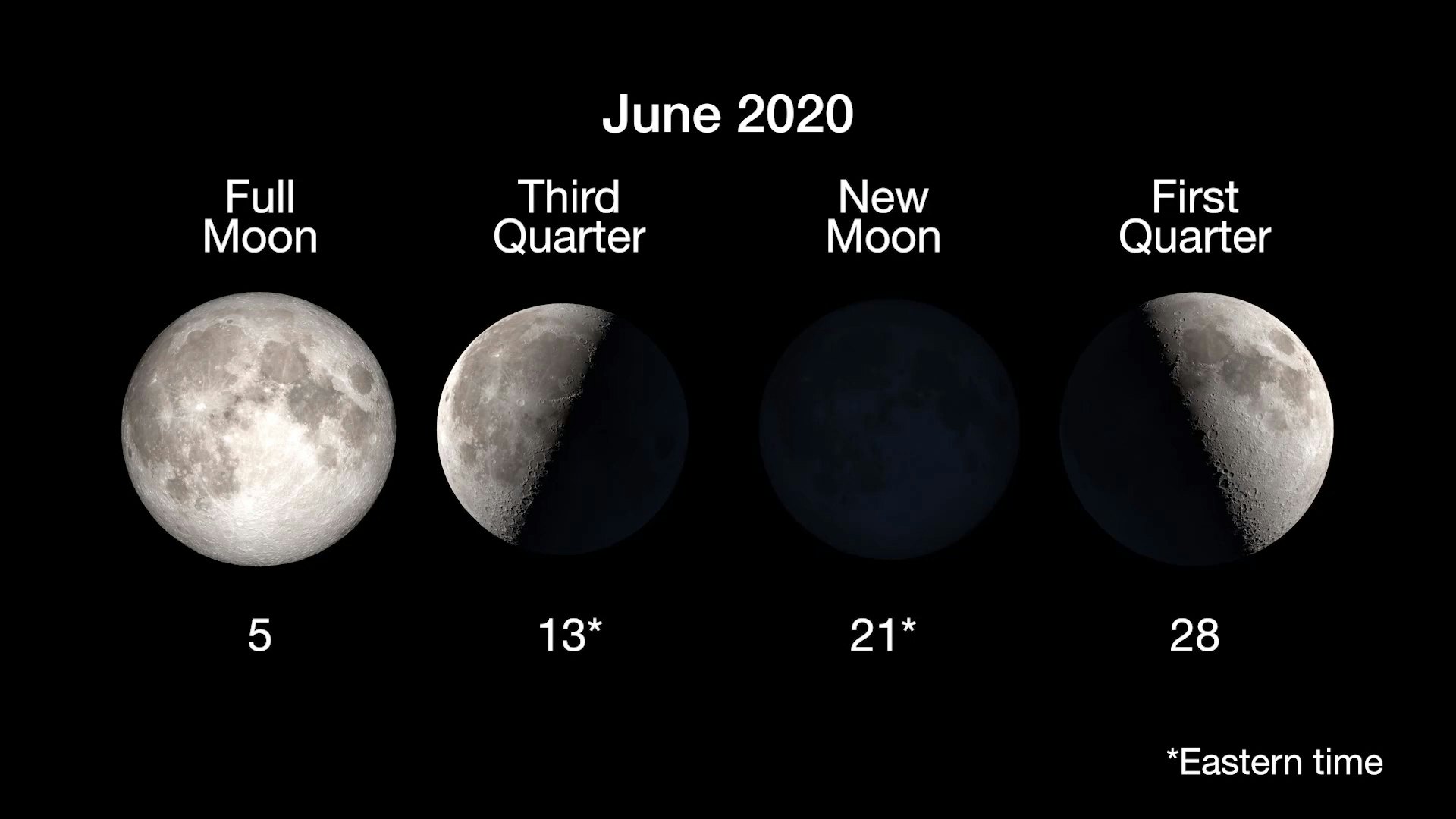
The 30 best countries, cities and regions to visit in 2025
Jun 18, 2020 • 2 min read

The rare "ring of fire" Annular Solar Eclipse will be visible on 21 June © Sorin Furcoi / Getty Images
On Sunday 21 June, parts of Africa, Asia, the Pacific, and the Indian Ocean, including northern India, China and north Australia will be able to see one of the world’s most breath-taking natural phenomenons; an Annular Solar Eclipse that looks like a burning ring of fire.
An Annular Solar Eclipse occurs when the Sun’s centre is covered by the Moon at its furthest point away from the Earth in orbit, resulting in glowing edges that form a “ring of fire”. A partial eclipse will be visible to people in selected countries. NASA has even created a handy interactive map charting the path of the Annular Solar Eclipse, highlighting where exactly it should be visible from, while TimeandDate.com has outlined times on a global scale.

The name annular is taken annulus, the Latin word for ring. The name points to the darkest point, even if it only lasts for a second. In most places, the annular eclipse most closely resembles a partial solar eclipse. The eclipse can only take place with a New Moon, when the Sun and Moon are aligned with the Earth on the opposite side of the Moon.
The solstice will also occur on 20 June, meaning summer has arrived in the northern hemisphere and winter in the southern hemisphere. The Sun’s path across the sky changes each day over the course of a year, getting higher or lower depending on the time of year. The solstices are the moments in June and December when that movement stops and the sun’s path starts heading in the other direction. As explained by NASA Jet Propulsion Laboratory, this shift and the seasons themselves are caused Earth’s tilt as it orbits the Sun.
Following this occurrence, the next ring of fire Annular Solar Eclipse is due to be in 2021, but it will only be visible in its entirety from the Arctic. Live streams of the event are planned by TimeandDate.com and VirtualTelescope.eu.
Thriving in lockdown? You might be exactly what NASA is looking for
The 28 best beaches in the USA
This incredible oceanfront geothermal lagoon is being built in Iceland
Plan with a local
